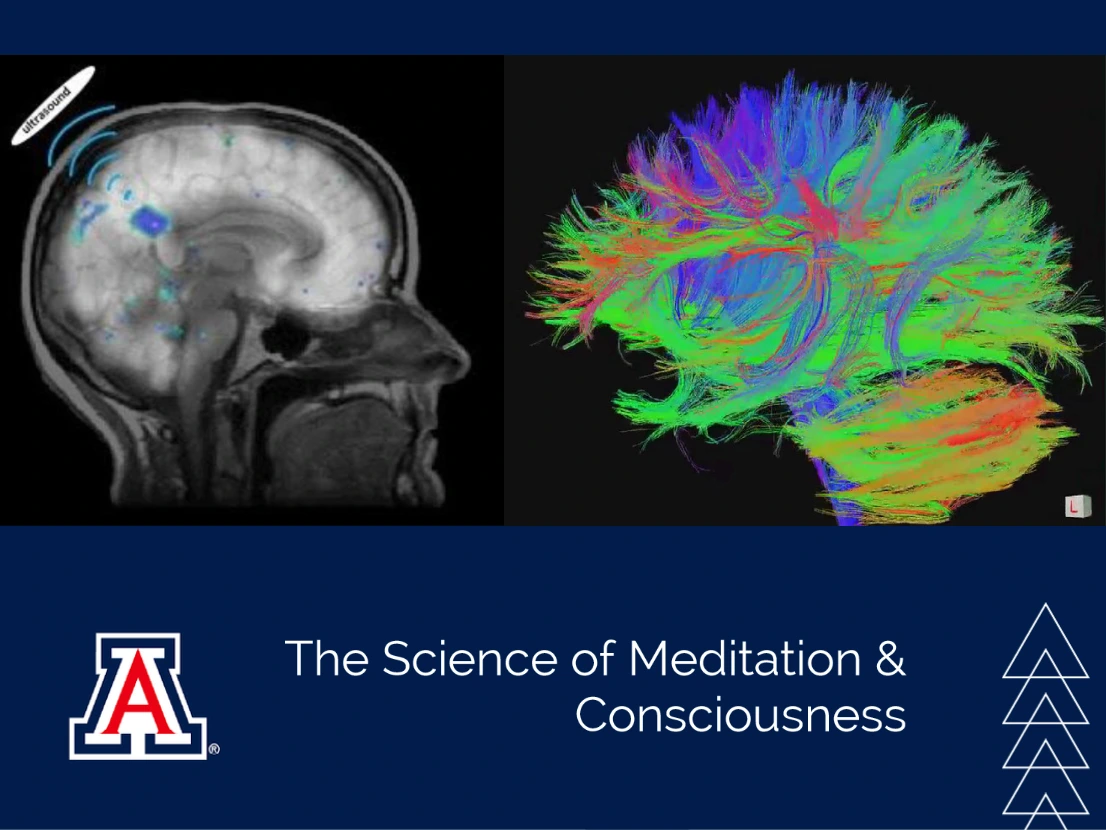
UA’s Pioneering Role in Research on Meditation and Consciousness
At the University of Arizona, researchers have been carrying out groundbreaking investigations into the intersections of Buddhist practice and neuroscience for more than 25 years.
In 1994, the first The Science of Consciousness (TSC) conference was held at the UA Medical Center. Four years later, the Center for Consciousness Studies was founded by UA Professor Dr. Stuart Hameroff and Professor David Chalmers of New York University. The Center takes an interdisciplinary approach to seek an integrated understanding of human consciousness. The most recent conference featured panel discussions with Nobel Laureate Sir Roger Penrose.
The Neuropsychology, Emotion, and Memory Lab was founded by Dr. Alfred W. Kaszniak, an emeritus professor of Psychology, Neurology and Psychiatry and a Core Faculty member of CBS. The lab fosters collaborations between contemplative practitioners and scientists to design laboratory and field experiments to test the claims and predictions of contemplative traditions in relation to specific individual and social problems.
The Center for Compassion Studies supports research exploring how Cognitively Based Compassion Training (CBCT) and other compassion training can benefit specific populations, including transgender youth, youth in foster care, parents of young children, clinicians, and others.
For patients who would benefit from mindfulness instruction in conjunction with medication or talk therapy, a protocol called Mindfulness-based Cognitive Therapy (MBCT) is offered by clinicians in the College of Medicine Psychiatry Department.

